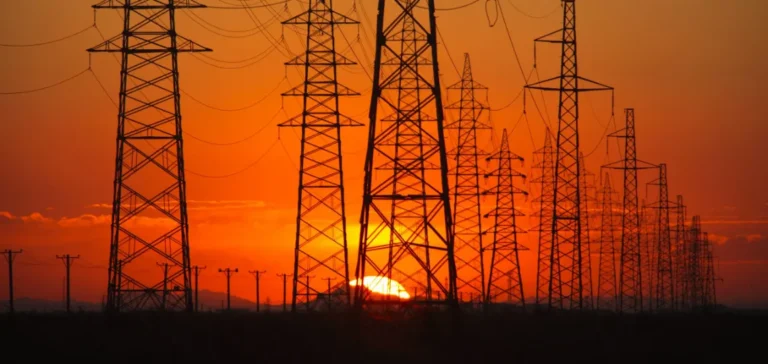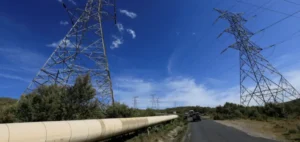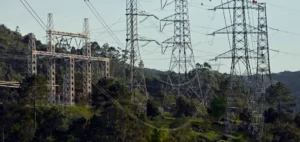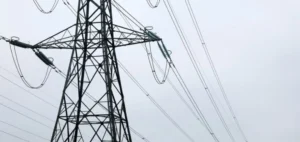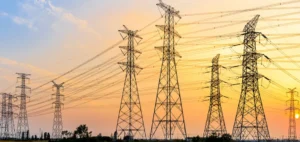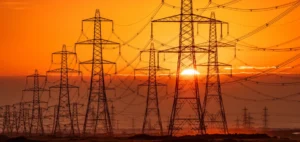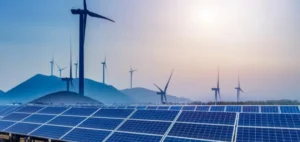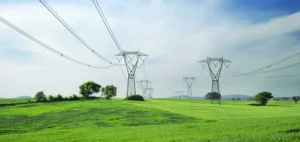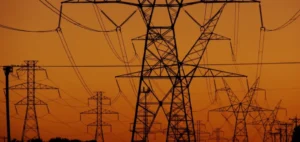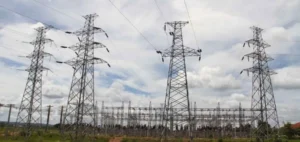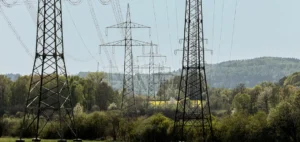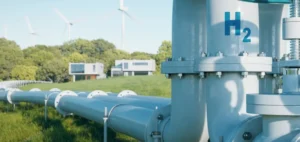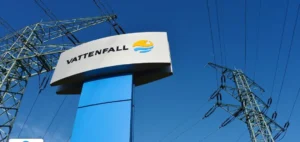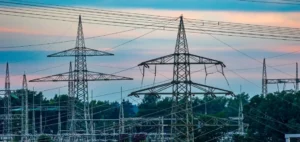Brazil has completed the connection of the state of Roraima to its national power grid, ending a long period of energy isolation for this border region. The infrastructure project, supported by federal public investment, aims to ensure more stable supply and reduce the high costs associated with local thermal power generation.
Federal budget savings for the state
According to data provided by the government, the connection is expected to save around BRL600mn ($111mn) per year by cutting fuel purchases for Roraima’s thermal plants. This northern region was previously the only state not integrated into the national system and also relied on imported electricity from neighbouring Venezuela.
The newly activated transmission line spans several hundred kilometres, crossing environmentally sensitive and Indigenous territories. The project, initiated over 14 years ago, faced repeated delays due to administrative processes and mandatory consultations with affected communities.
A long-term public project
Brazilian authorities confirmed that the interconnected system is currently in a testing phase but will eventually provide energy security to Roraima. The federal government funded most of the work through strategic infrastructure programmes aimed at modernising and unifying power networks across the country.
President Luiz Inácio Lula da Silva stated that regional energy integration could become a tool for cooperation with other South American nations. He said the Brazilian model could promote greater stability in energy supply across the continent.
A project delayed by land rights issues
The transmission line route crosses Indigenous territories, which imposed additional delays due to regulatory requirements and permitting procedures. The government indicated that the investments are also aimed at improving access to essential services in these areas, including internet expansion for local communities.
The head of state emphasised that the infrastructure should benefit all residents, stressing the commitment to include remote regions in national energy and digital development programmes.


